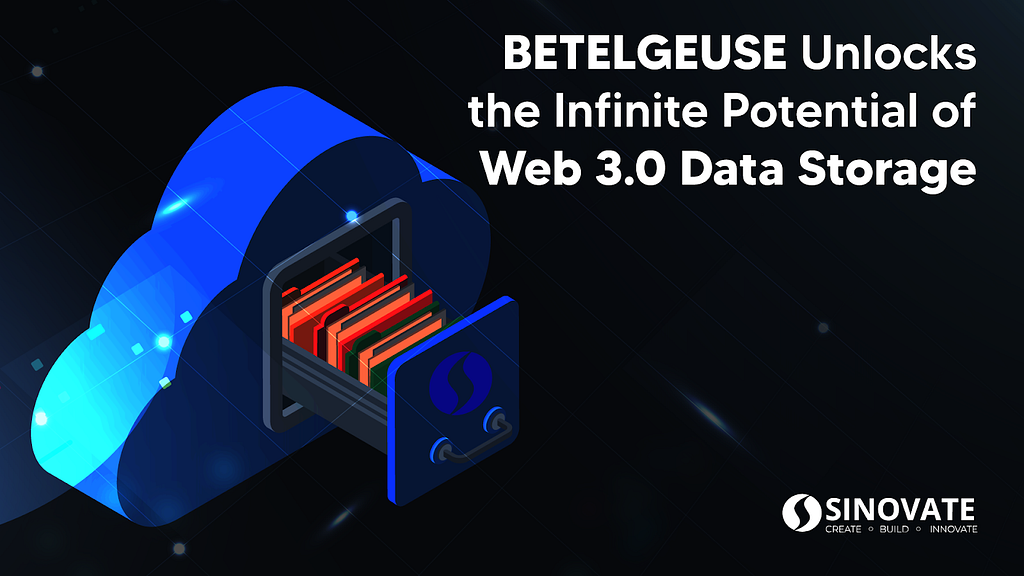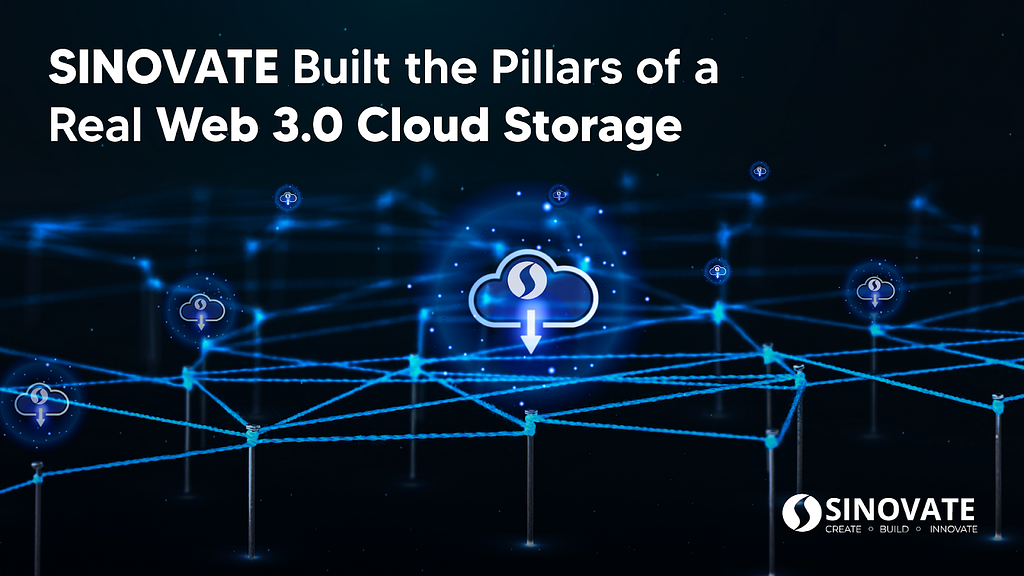
The data storage industry in Cloud solutions will grow from 50 billion USD in 2020 to more than 130 billion USD, representing a compound annual growth rate (CAGR) of 22.3% during this period, according to the ResearchAndMarkets organization. This growing market centralizing the data storage was a way for guaranteeing high quality of services because of the easy control of the data centres. This control has many drawbacks, such as the risk of privacy breaches, massive connection timeout with servers, and a central authority’s power over users’ data.
A solution is to leverage blockchain technologies to transfer, host, and manage the data and services provided by all the possible applications. The web 3.0 Cloud (Cloud 3.0) or decentralized Cloud (dCloud).
What is the web 3.0 Cloud?
Web 3.0 represents decentralized blockchain technologies in the operations of applications called dApps. For instance, the ledger of a blockchain-enabled the development of non-fungible tokens (NFT) to guarantee the authenticity of an object for video games, music, etc. However, the existing solutions limit the use of NFT and the file size because the ledger is not designed for managing the data storage. The dApps must then play with sophisticated solutions between the ledger and a centralized data storage solution which removes the interests of being decentralized.
The decentralization of data storage must respect the following aspects:
- Eliminating the possibility to know where data is stored in the network,
- Providing a governance lead by all the participants of the network,
- Storing the data with minimal costs for the users,
- Securing the data in incorruptible storage,
- Scaling the data communication to massive adoption,
- Ensuring a 100% data access uptime.
Multiple projects aim to provide a dCloud infrastructure such as SIA, FILECOIN, STORJ, FLUX, etc. Securing the data in these projects uses different approaches but cannot respect the fundamental aspects stated above. For instance, the SIA storage costs are incredibly high, FILECOIN cannot scale to the massive adoption because of complex data authenticity protocols. STORJ does not store data in a decentralized system, and FLUX cannot ensure 100% uptime because of the nature of data centres.
SINOVATE built the Pillars of a Real Web 3.0 Cloud Storage

SINOVATE decides to build an infrastructure with cutting-edge technologies that will respect the six stated conditions of a true dCloud.
SINOVATE introduced the Proof-of-Burn (PoB) mechanism in 2019, allowing the possibility to burn specific transactions such as fees or smart contracts. PoB enables the creation of the InfinityNode technology, a contract-based service node that runs for 12 months. To run an InfinityNode, you must transfer collateral to an unspendable address. The only way to retrieve the collateral is to collect as much as possible the rewards provided by the network that covers the collateral with additional profits. This guarantees a 100% uptime of InfinityNodes.
By randomly distributing the data to the InfinityNodes as a medium of storage and with cryptographic methods, the network secures the data storage. It eliminates the possibility of knowing the data location. SINOVATE governance is also supported by the thousands of InfinityNodes, where owners vote on the transaction fees, data storage fees, and other aspects of the project’s governance. The governance will also enable the network to always propose minimal costs to the users by adjusting the fees to the market conditions.
BETELGEUSE delivered the last fundamental keystones. By adding the Proof-of-Stake (PoS) in the blockchain consensus and migrating to 0.22 Bitcoin core, SINOVATE can process more than 1,000 data storage requests per second. This is an unprecedented advance in real dCloud infrastructure where SINOVATE is the unique solution to be scaled for massive adoption.
SINOVATE is in the Cloud Market for Decades
Until the cryptographic solution remains unbreakable, SINOVATE will continue to improve its features. The scalability will be increased by introducing the first-of-its-kind: blockchain-based File Transfer Protocol (bFTP). By exploiting the power of InfinityNodes uptime, the users won’t split and lose a massive amount of time to transfer the data. TheInfinityNode will manage direct communication lines with the user where the transfer will be equivalent or even better than centralized solutions from Amazon or Google.
This last feature will finalize the foundations of our web 3.0 Cloud Storage called SINOVATE Nephele: Incorruptible Data Storage. This ecosystem will also integrate elements such as the InfiniteChain, the private storage network (PSN), and many other features stated in the 2022–2025 roadmap.
Recent Comments